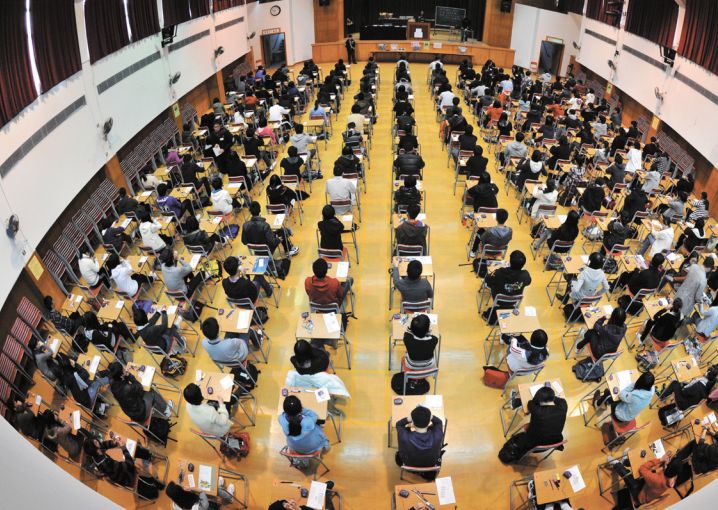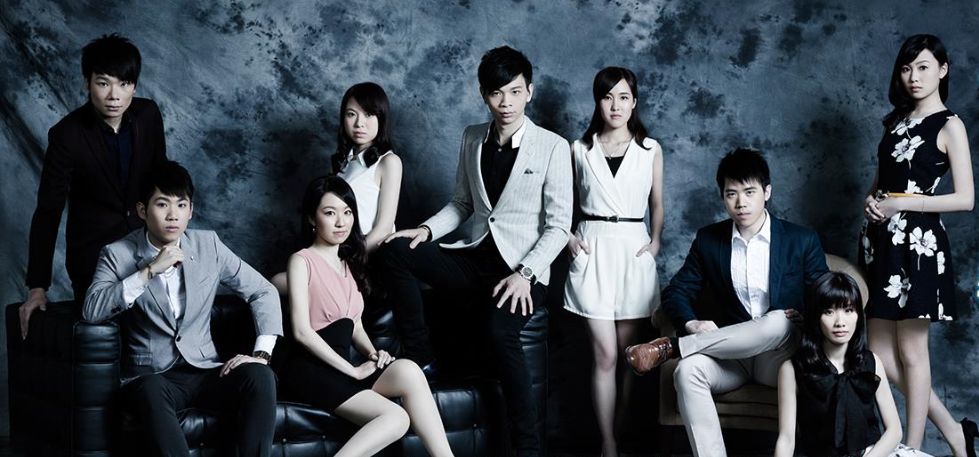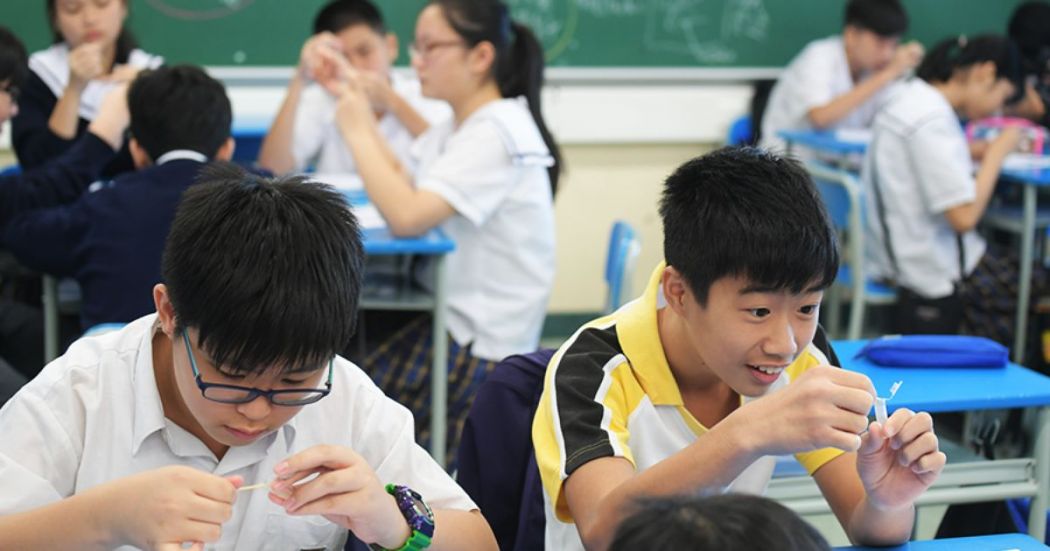By Millie Fung
Hong Kong is notorious for its high-stress education system. From as early as age 6, Hong Kong students have hours of homework to complete every day in order to keep up with the continuous assessments demanded by their schools and the government.

Prior to entering secondary school, they brace themselves for other exams, like the Hong Kong Attainment Test, in the hope of getting good results that allow them to enter a good class that separates the high scorers from the under-performers.
With the bar already set that high, they continue to fight through a ceaseless amount of tests and exams in the following years to come, only to prepare for the fear-striking Hong Kong Diploma of Secondary Education which determines their chance of getting into university.
A private tutor for some years, I have taught local children ranging from age 6 to 15. This has allowed me to witness first-hand, as an insider of the education field, the effects of the failing school system on students’ attitudes towards learning and personal development.
But the reason why I feel so deeply about this is that I have never seen a smile on their faces.
Private tuition has been a burgeoning industry in Hong Kong, thanks to some parents who idolatrously believe in “winning at the starting line”, enrolling their kids in tutorial classes after school and on weekends. To them, perfect scores and immaculate report cards are the only pathways to their kids’ success in the future.

It is not uncommon to see fast food shops and public study rooms filled with students, burying their heads in their mountain of homework after school hours.
Most of my tutorial classes take place at my student’s home in the late afternoon. With their day at school starting roughly at 8 a.m., by the time I arrive at their home, they will have attended 7 to 8 hours of regular classes and after-school activities with no real breaks in between.
As they are already deprived of rest, sitting through an extra class requires grit and remarkable willpower, mental capabilities a young brain is not fully equipped with. While I am well aware of their signs of tiredness such as yawning, my hands are tied. I can, at most, prompt them to wash their face in the bathroom when they start zoning out, but the class must go on.
One of my students is a diligent, industrious, quick-thinking straight-A 9-year-old. Trophies won over the years and bookshelves of exercise books covering different subjects adorn his home. Though he has consistently been one of the top 5 students in his grade throughout the years, his mother is never satisfied because another straight-A student in his grade, whom she describes as the “arch-enemy” of her son, has always outperformed him by 1 or 2 points in all the tests and exams.
This results in his parents pressuring me into forcing more exam tips and techniques into his brain until it becomes dormant at the end of the class. This does not foster a love of learning; this strikes the fear of failing to get higher scores than his peers. He is never happy. Once he told me, “No matter how hard I try, I can’t seem to be doing enough.”
Getting high scores is now of the essence for students not just to win the hearts of their parents but also against the system which, however, only rewards those who obey restrictive assessment guidelines, and punishes those who do not.

In a writing assignment, a student of mine replaced a specific phrase given in the scoring instructions with a sentence of her own, which was clearly more well-constructed. However, to her frustration, the modification only resulted in her work being downgraded.
Independent thinking and creativity, skills I impart, are paramount especially in the area of writing. But if my students are ultimately unable to apply them at school where flexibility is stifled and conformity is rewarded, my efforts are futile.
On the other hand, it is commonplace for parents to enrol their children in interest classes. Taking up a new hobby inherently helps them develop to their full potential. But when they are compelled to master a particular musical instrument or sport skill just so that they can present themselves as high-achieving candidates in school admission interviews, this adds a further burden to children who need to set aside more time to practice at the expense of play and rest.
I remember that I once praised a student for her skilful piano playing and mindlessly asked, “Do you enjoy this hobby?” She frowningly corrected me and said, ‘It’s not a hobby.” Her response still hits me today.
This makes me wonder time and again about my role as an educator. Am I doing enough to resist the broken school system, or I should resign myself to doing no more than what these parents pay me to do?
It fills me with anger knowing that my students, the pillars of the society, fall prey to the reprehensible Hong Kong education system on account of the incompetence of education reformists and the immense pressure from their parents.

Yet, I am reluctant to let my feeling of despair take over. So I constantly keep in mind the reason why I do what I do — to help children realise their potential, and impart the value of hard work and serving a purpose in life, which is discredited in a place like Hong Kong where most people are in the blind pursuit of material wealth.
Like all areas of life, every change starts with individual action. Disappointing education reformists are deserving of criticism, but parents own the ultimate responsibility for their child’s well-being and happiness. Rather than enrolling their children in more tutorial and interest classes, it is time they reflect on what truly motivates their child to learn and makes them happy.
Learning outcomes are maximized through adequate rest and free play. Most importantly, parents should let their children decide, of their own free will, the number of after-school classes to take, if any at all. From my experience, children can make surprisingly good choices when given the right amount of guidance and liberty.
When we let the change start with ourselves, there is still hope in the future of our youth and the city in the midst of current social malaise.
Millie Fung is a freelance writer and private teacher based in Hong Kong. She graduated with a degree in English Communications from the Hong Kong Polytechnic University. Follow her on Medium.
